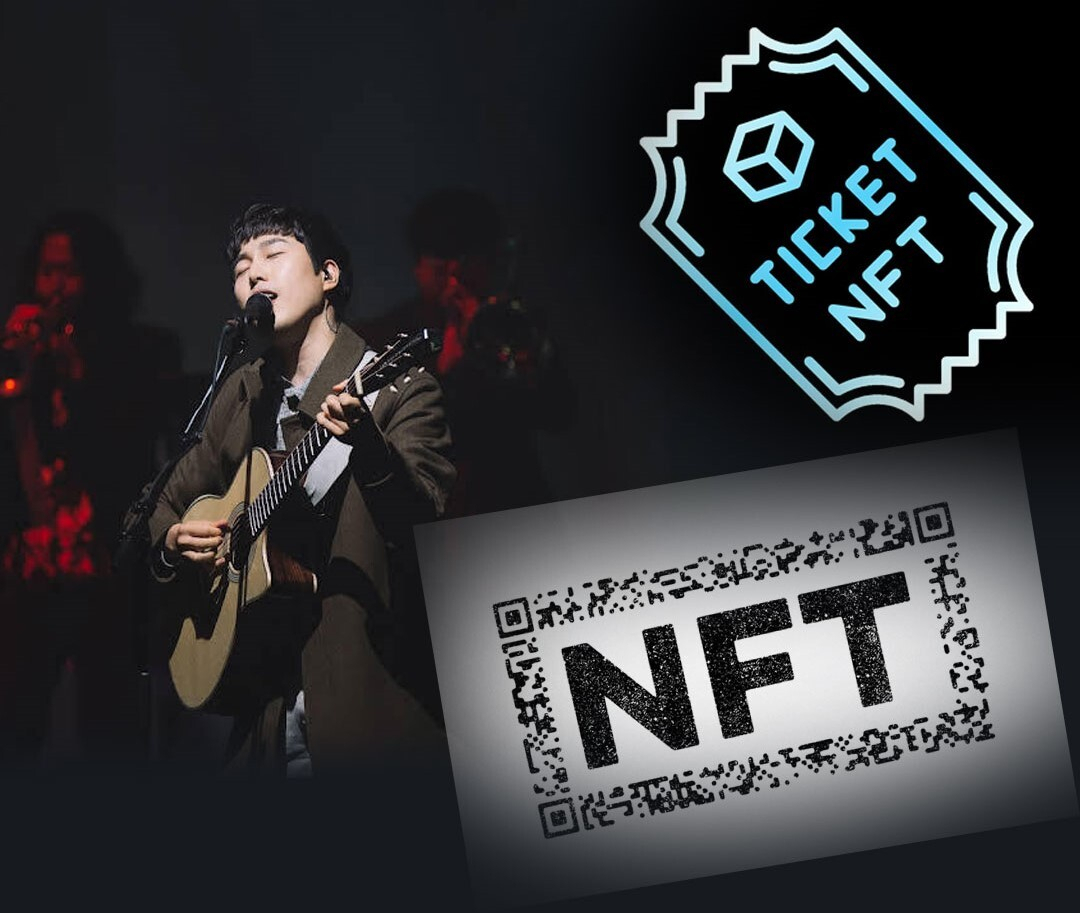
South Korean singers are adopting various methods to prevent fans from having to pay extortionate sums for concert tickets. Image: The Korea Herald
With ticket scalping plaguing the music scene, South Korean singers are adopting various methods to prevent fans from having to pay extortionate sums for concert tickets.
Singer Jang Beom-jun recently announced that the ticket sales for his concert next month will be using the blockchain system, with the tickets being sold as non-fungible tokens that cannot be sold to anyone but the initial buyer. Jang had sold out the concert scheduled for this month but canceled all reservations due to ticket scalping.
Before her year-end concert last year, K-pop megastar IU implemented a system where a person illegally selling a ticket would be banned for life from her fan club, and the person who reported such activity would get the ticket instead.
Sung Si-kyung, who held his year-end concert on Dec. 29-31, sold many of his tickets on-site, ensuring that each person buys one ticket only. He took to Instagram to urge fans not to buy tickets illegally, saying it would lead to cancellation and more tickets being available for sale on-site.
Several singers have a no-warning policy for canceling tickets suspected of being reserved by ticket scalpers, including Lim Young-woong who recently canceled 118 reservations for his Jan. 19-21 concert. It has been reported that his tickets, the priciest of which is 160,000 won ($120), have been resold for as much as 5 million won.
Ticket scalping has long been an issue ailing the local music industry, with a Record Label Industry Association of Korea survey showing that 32.8% of those aged 19-29 have bought a ticket from a scalper at least once. The group suspects that about half of the tickets for sold-out performances go to ticket scalpers.
South Korea recently revised the Public Performance Act to specify that buying tickets with targeted software, or macros, is illegal. But there have been calls for a more comprehensive revision to stop the illegal ticket sales, most of which occur online and have long been in a legal blind spot as the related law was passed 50 years ago.

